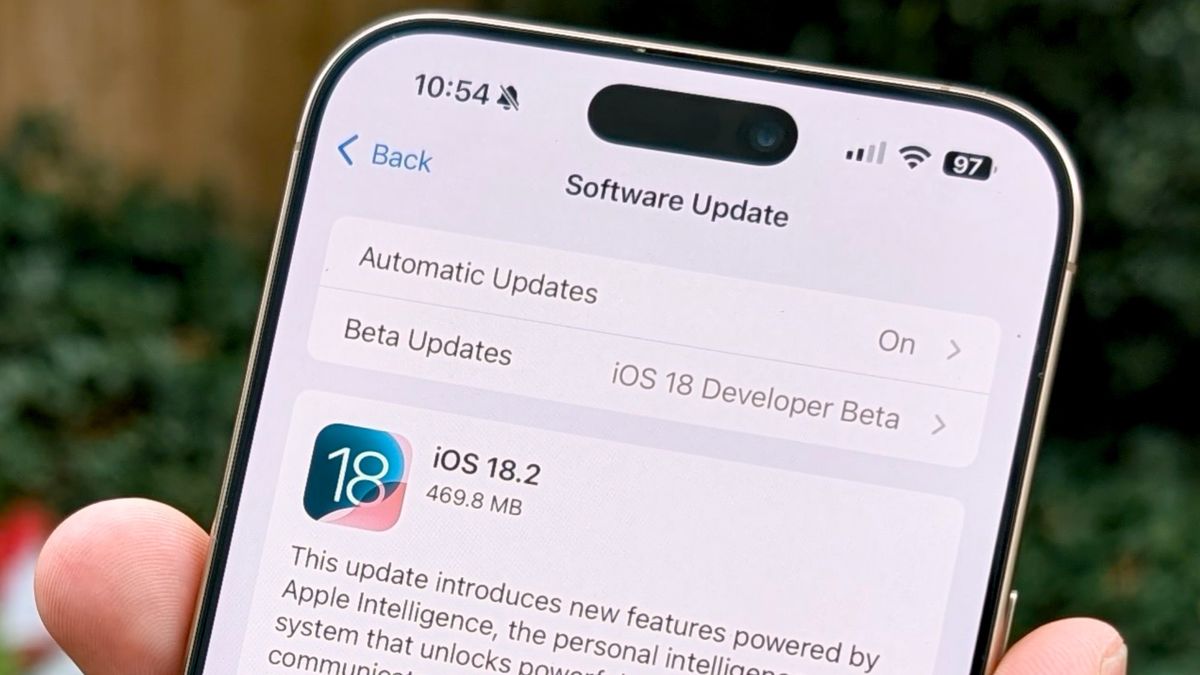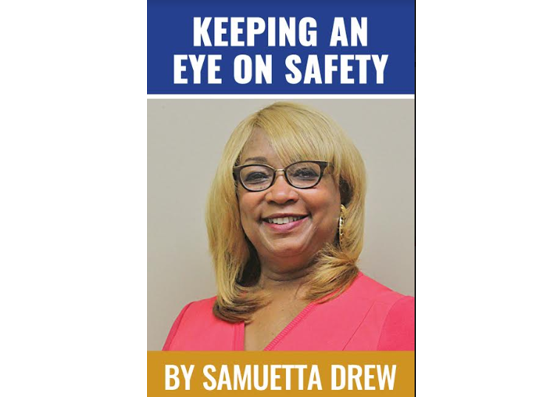Bussiness
The biggest supermarket merger in US history is dead
- Albertsons is terminating a proposed takeover by Kroger a day after a federal judge blocked the deal.
- And Albertsons is suing its rival, saying it failed to exercise “best efforts” to get approval.
- The suit marks a decisive end to the largest proposed supermarket merger in US history.
The grocery industry’s biggest potential alliance is toast.
Albertsons said Wednesday that it’s terminating Kroger’s proposed $24.6 billion acquisition, a day after a federal judge blocked the deal over antitrust concerns.
In addition, Albertsons filed a lawsuit in the Delaware Court of Chancery against its rival, saying it failed to exercise “best efforts” to get approval for the deal.
“Rather than fulfill its contractual obligations to ensure that the merger succeeded, Kroger acted in its own financial self-interest, repeatedly providing insufficient divestiture proposals that ignored regulators’ concerns,” Albertsons’ general counsel and chief policy officer, Tom Moriarty, said in a statement.
Albertsons is seeking “billions of dollars” in damages and a $600 million termination fee, which it says it’s entitled to under its negotiating terms with Kroger.
A Kroger spokesperson called the claims “baseless and without merit.”
“Kroger refutes these allegations in the strongest possible terms, especially in light of Albertsons’ repeated intentional material breaches and interference throughout the merger process,” the spokesperson said. “This is clearly an attempt to deflect responsibility following Kroger’s written notification of Albertsons’ multiple breaches of the agreement, and to seek payment of the merger’s break fee, to which they are not entitled.”
Albertsons’ Moriarty called Kroger’s approach to getting regulatory approval “willfully deficient” and said the suit is intended to “protect the interests of our shareholders, associates, and consumers.”
The suit marks a decisive end of the largest proposed supermarket merger in US history, which faced challenges from the Federal Trade Commission and two US court cases.
Following Tuesday’s injunction, both companies told BI they were disappointed by the ruling and would explore their options for next steps.
Lawyers for each side previously said the deal would be called off if it was blocked in Washington.







.jpg)


